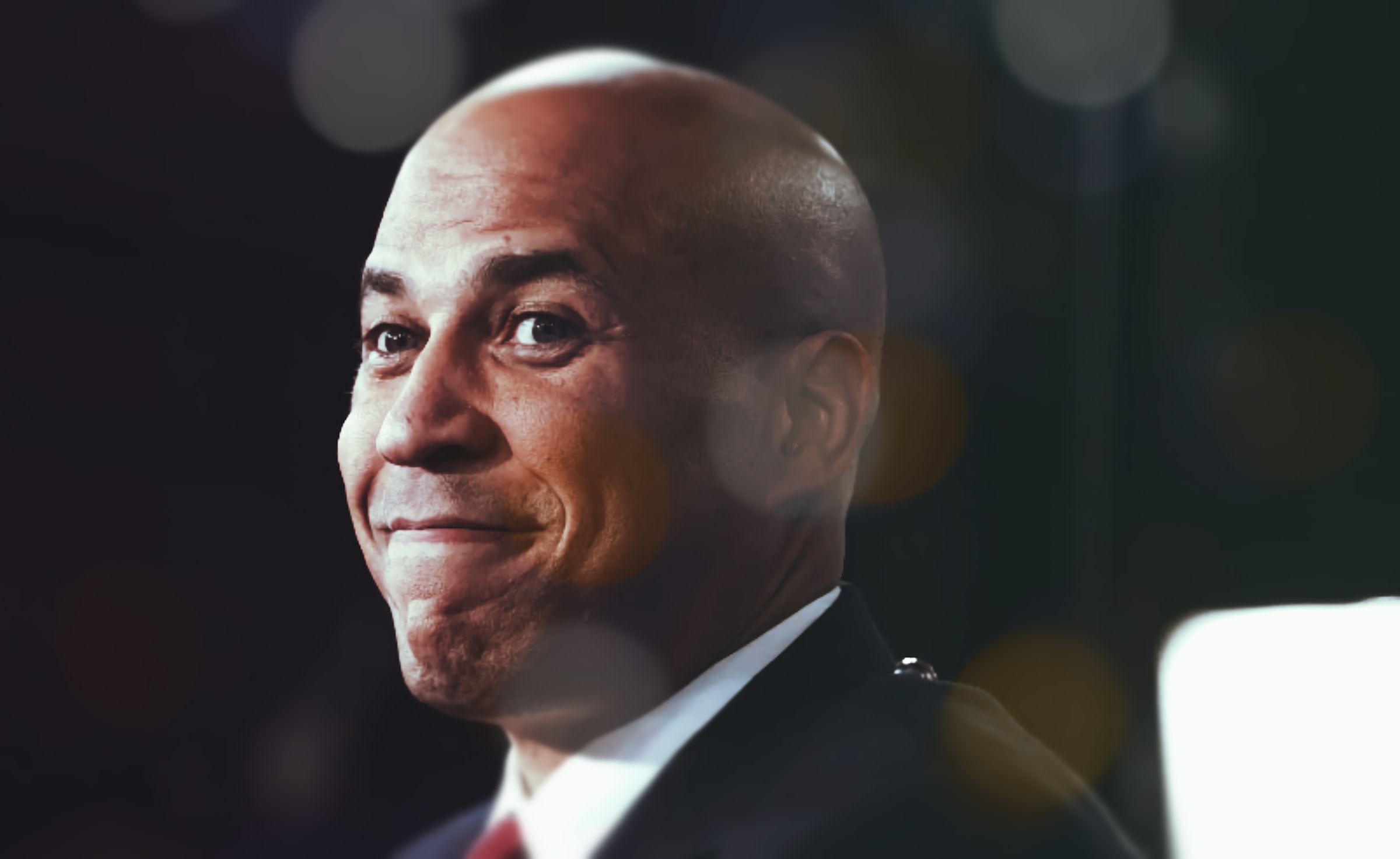There are, basically, two modes of weed legalization occurring on the national level. One is a progressive, step by step approach, and the other is a push for a complete stripping of any criminalization, all within one bill.
Corey Booker, along with Chuck Schumer and Ron Wyden, are in the latter camp.
In particular, Booker has claimed that he would block the SAFE bill from passing the senate, which would ease restrictions on banks working with marijuana companies. The bill has Republican support and would have a strong chance of getting signed into law. The Schumer decriminalization bill? Not so much.
So why block the bill? Well it seems Booker feels that if this was passed, Republicans and centrist Democrats would feel less incentive to pass the larger overhaul.
Yesterday, Corey Booker went to twitter to address any questions about his legalization efforts, and the banking bill came up a few times.
We can both address the pressing need for cannabis businesses to access financial institutions and provide real restorative justice for those harmed by the War on Drugs. This is not a zero-sum game. #MarijuanaJustice https://t.co/3xl8Dh2jsu
— Cory Booker (@CoryBooker) July 19, 2021
Sure, yet he doesn’t respond to the “urgent” part of the tweet.
By going comprehensive & setting up a post-legalization system we believe we can build support & make progress on this issue. SAFE Banking lacks critical restorative justice provisions & we must do more to help communities unfairly impacted by the War on Drugs. #MarijuanaJustice https://t.co/QBHXnI9Cwm
— Cory Booker (@CoryBooker) July 19, 2021
Clearly showing his belief in the “all-in” approach.
Ending the federal marijuana prohibition fixes the banking issue. Additionally, our legislation would create a grant program to help small cannabis businesses owned by socially and economically disadvantaged people. #MarijuanaJustice https://t.co/O9oHNNbYlz
— Cory Booker (@CoryBooker) July 19, 2021
Unfortunately, Booker took the politician method of answering the parts of the question that he prefers to answer. Perhaps with enough pushback, he will come around to supporting both bills, as they certainly aren’t mutually exclusive.














